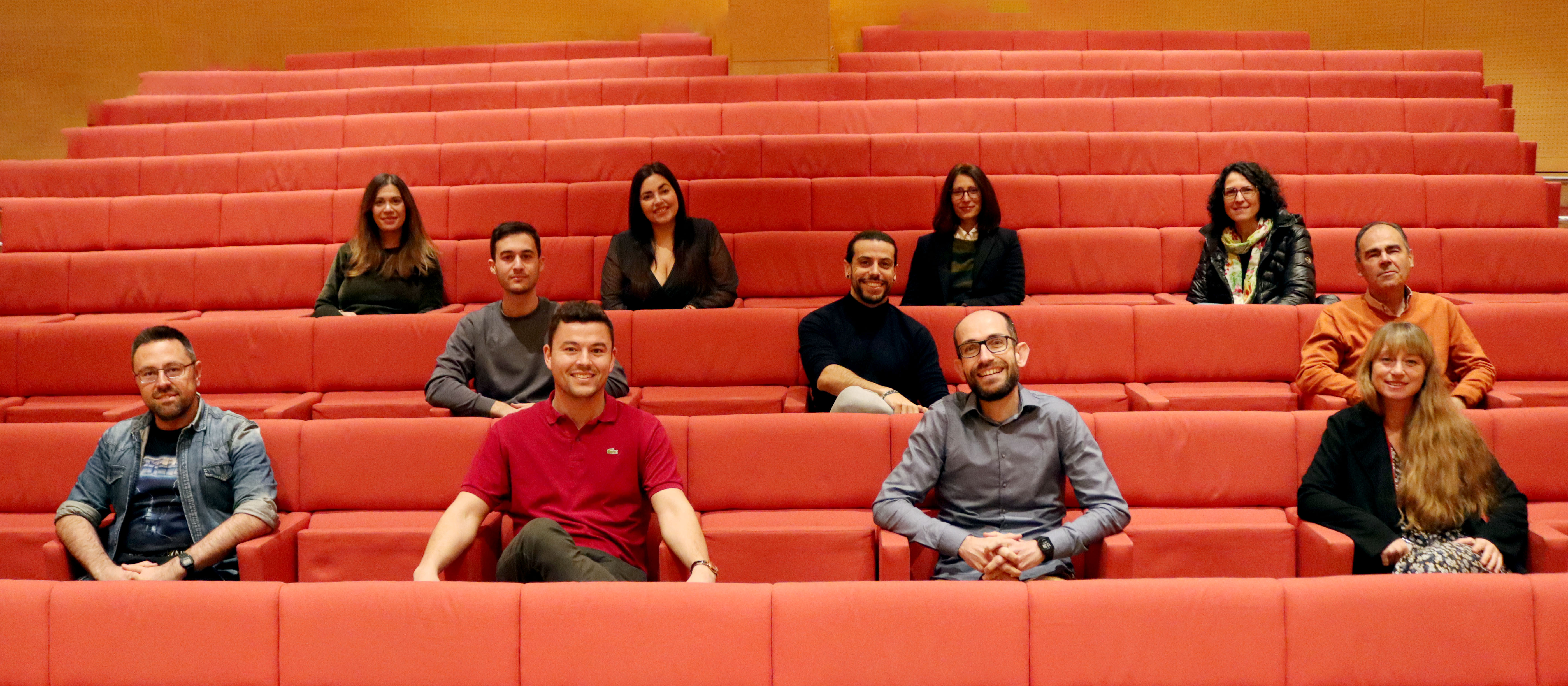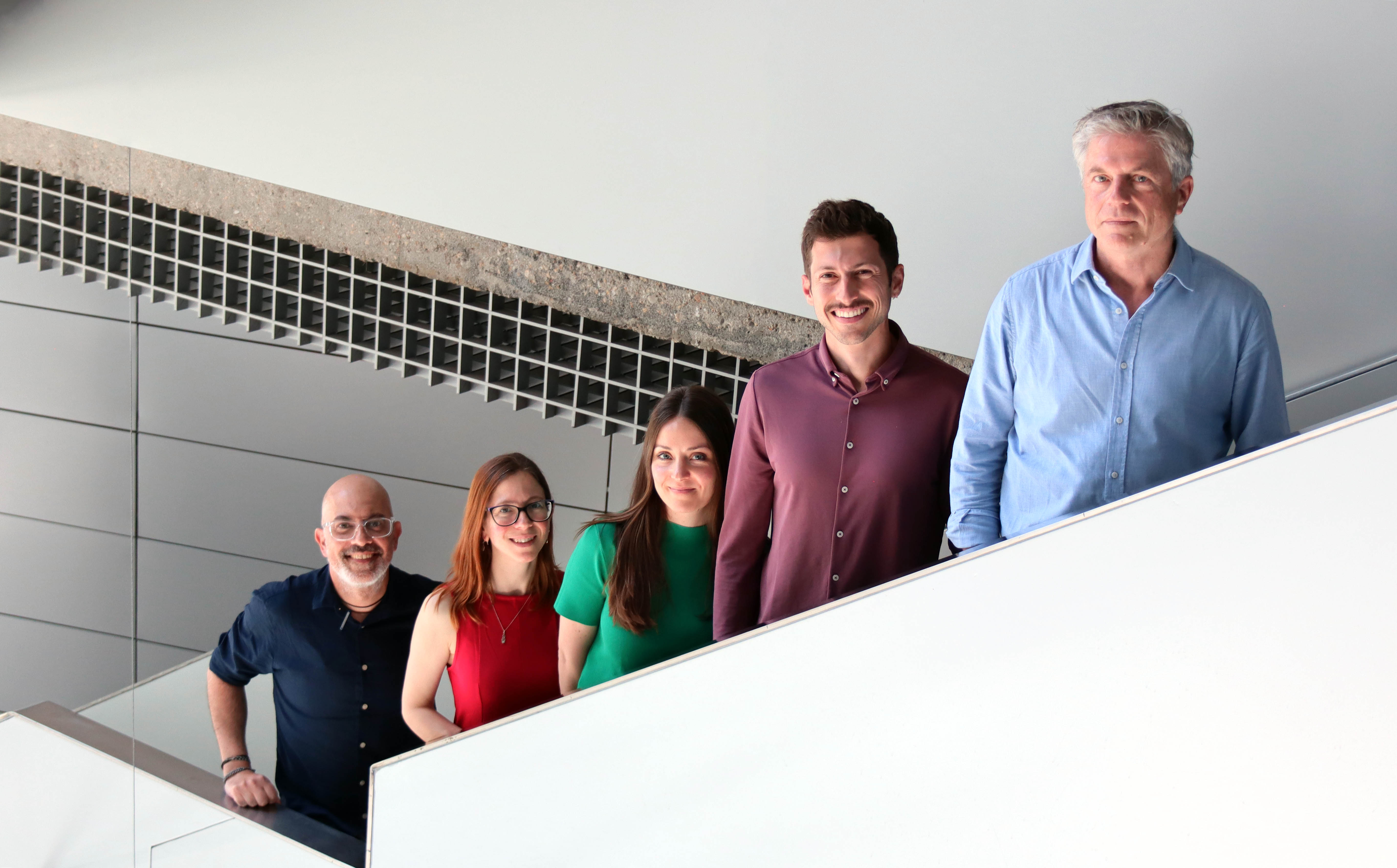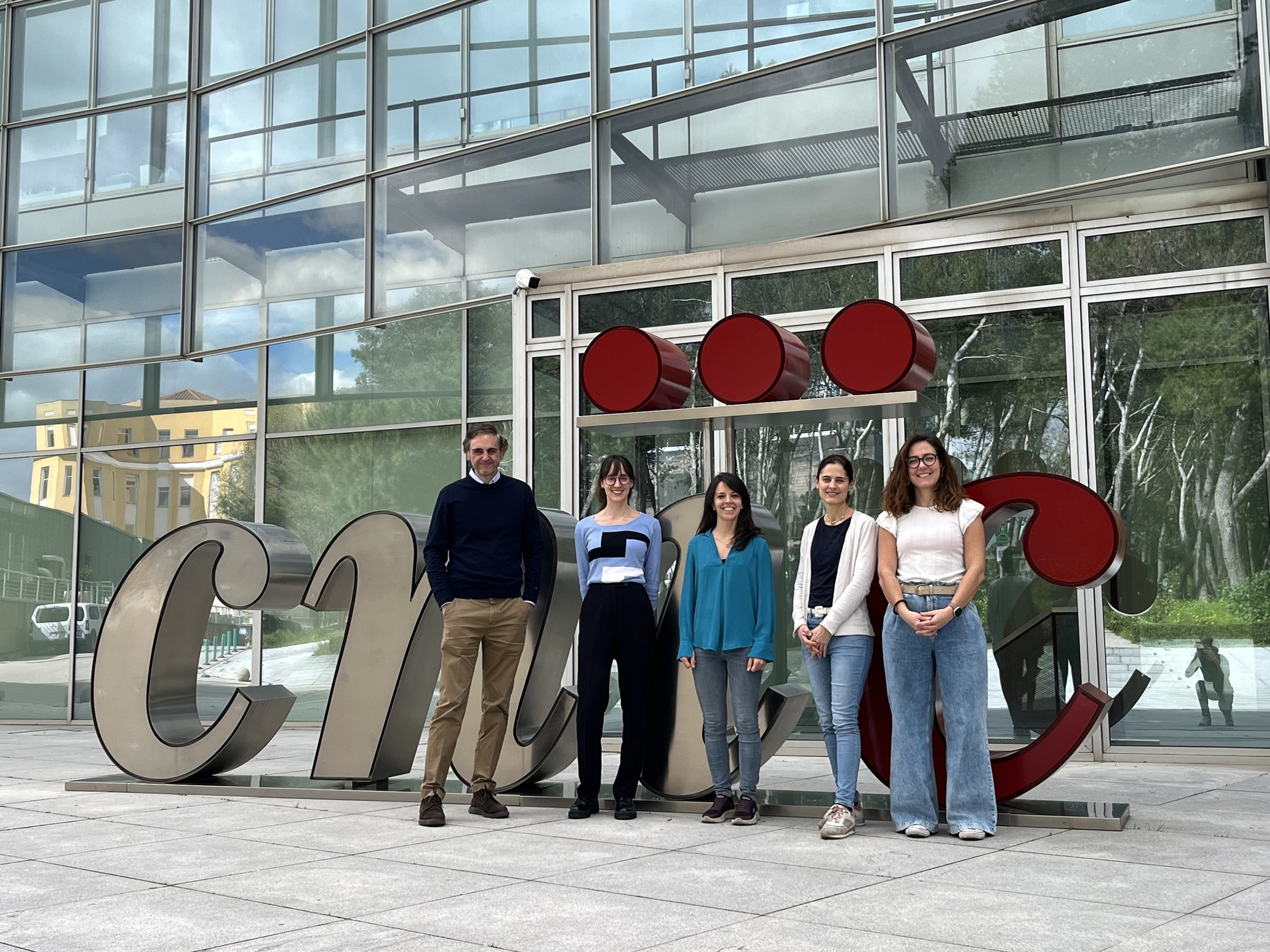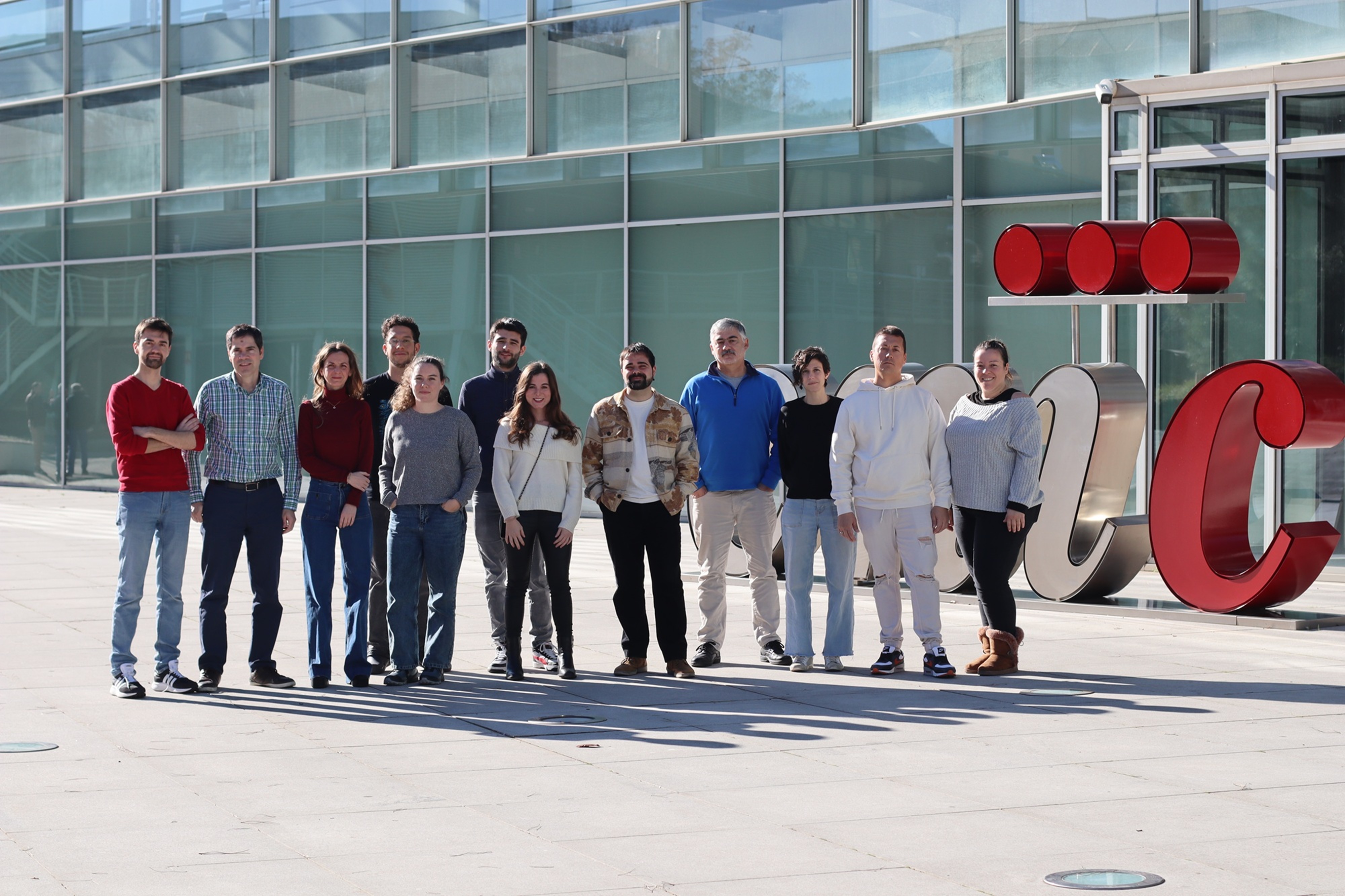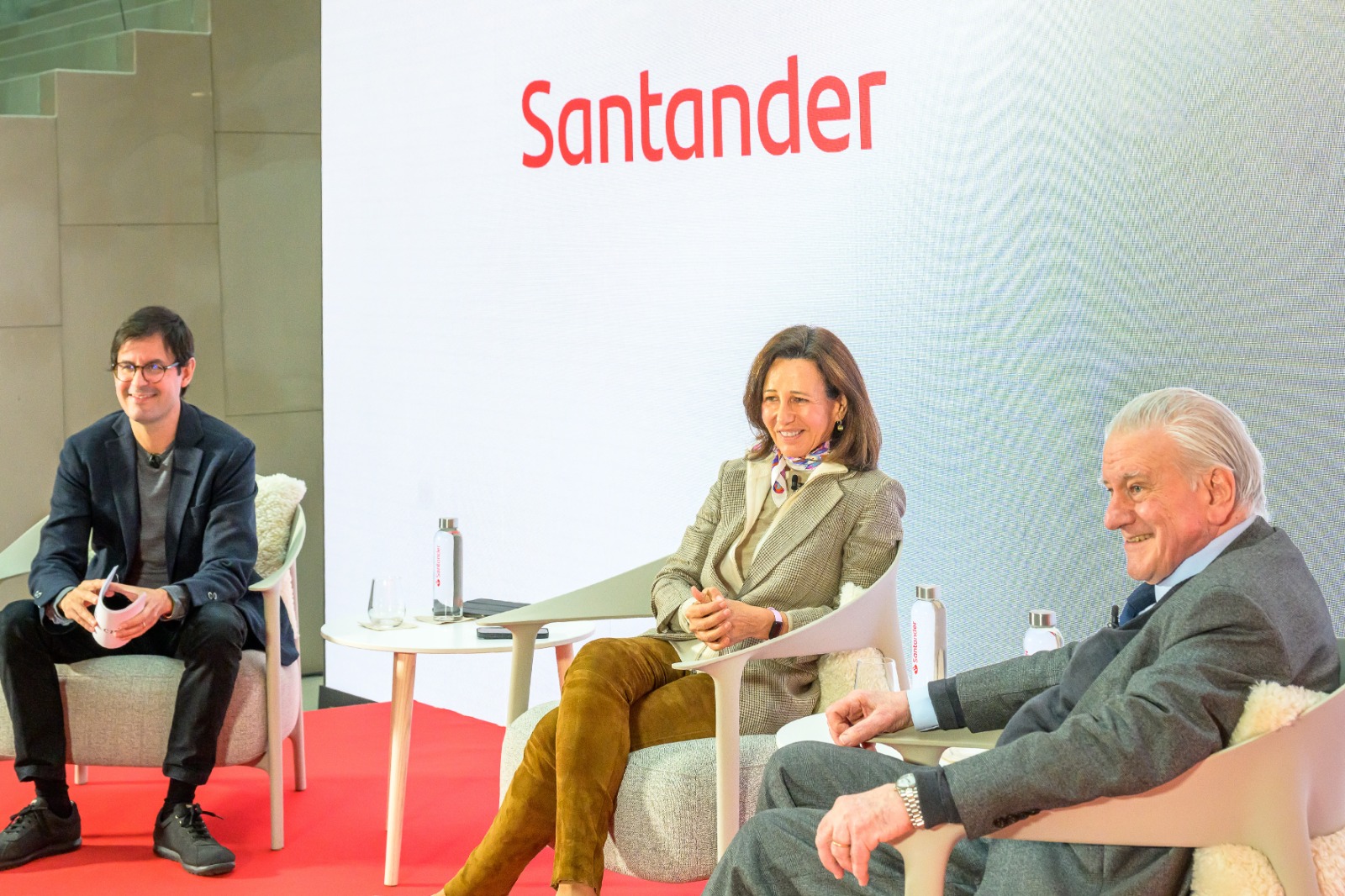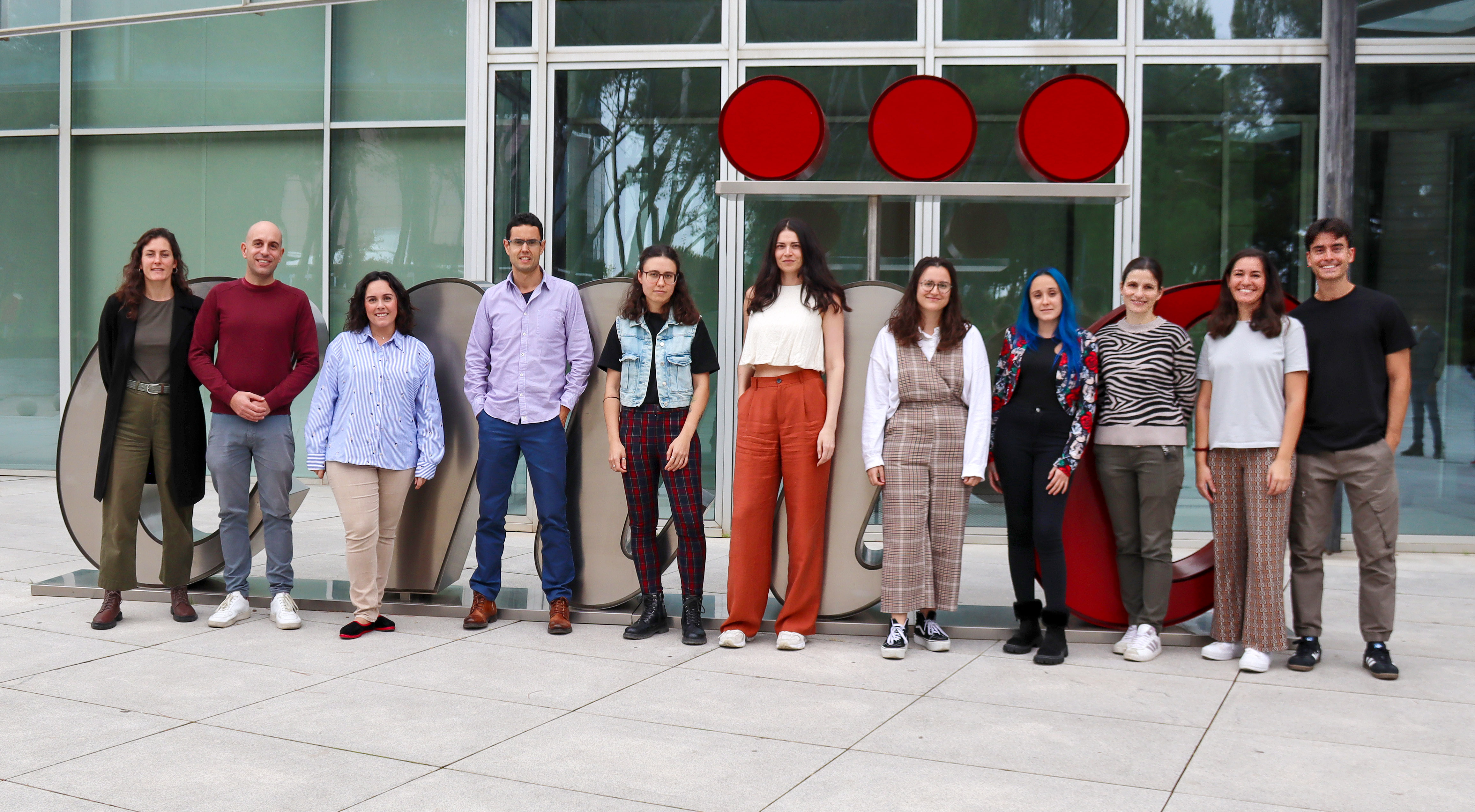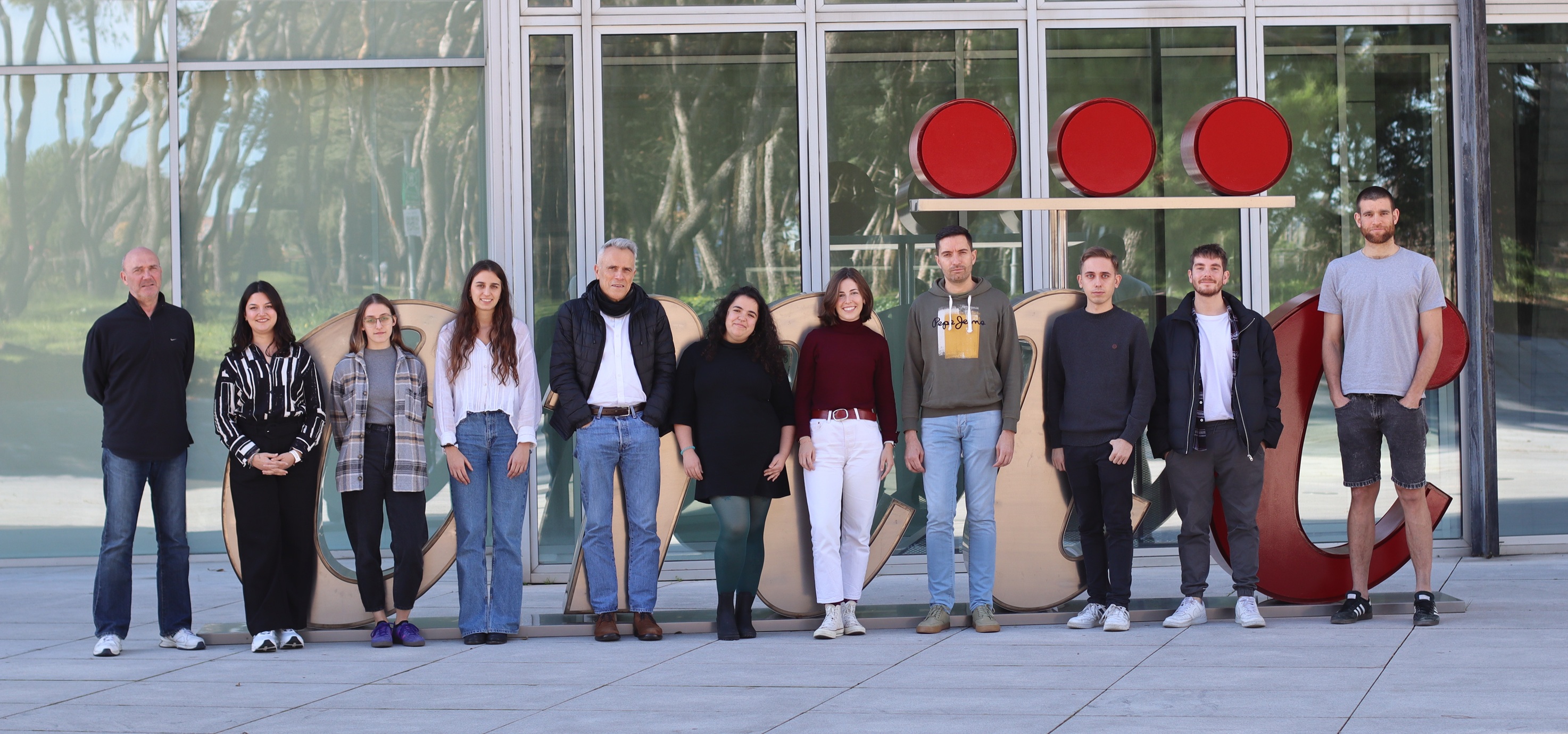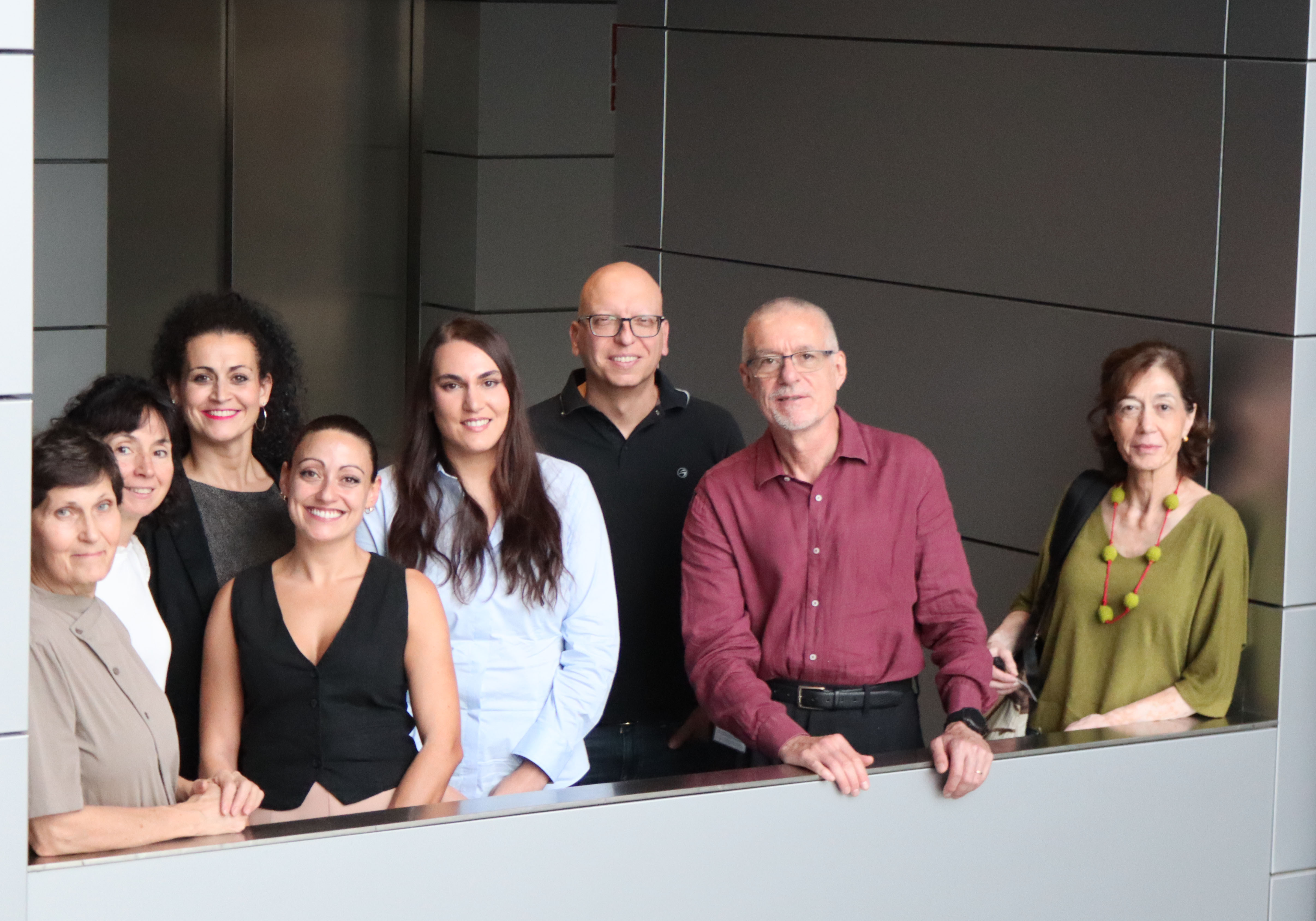News search
|
Research 5 Jun 2025 This new tool will advance the development of treatments for congenital muscle diseases and cardiomyopathies. |
|
Research 29 May 2025 CNIC researchers have discovered that the heart is formed from two independent cell types that act in synchrony from the onset of gastrulation. This finding could help to better understand the origin of certain congenital heart defects and open up new opportunities in regenerative medicine and tissue bioengineering. |
|
Research 2 Apr 2025 Scientists at the CNIC and the University of Bern have found that heart surgery in male mice early in life creates a "memory" passed down to the next generation. Published in Circulation, the study suggests that a parental history of heart surgery should be considered when evaluating cardiovascular health in descendants. |
|
Research 22 Jan 2025 Scientists at the CNIC have discovered how gut bacteria that cross a weakened intestinal barrier induce changes in bone marrow that strengthen the immune response |
|
About the CNIC 15 Jan 2025 The study describes an innovative probe for the noninvasive detection of macrophages using PET technology |
|
About the CNIC 19 Dec 2024 The findings of this study have been key for the development of REACT, a new research project, that will count on the collaboration of Santander Bank, and will expand the study of the age group for the prevention of cardiovascular diseases, which will include 8,000 new participants. |
|
Research 12 Dec 2024 iFlpMosaics is a new technology presented in Nature Methods that allows the modification and study of gene function in mouse models, advancing research on diseases caused by somatic mutations, such as cancer and vascular malformations. |
|
About the CNIC 12 Dec 2024 The new project, ‘The Placenta in Maternal and Fetal Cardiovascular Health and Disease’, aims to understand how the placenta influences cardiovascular health in mothers and their children, promising improvements in the prevention and treatment of related diseases |
|
Research 7 Oct 2024 A team of scientists from the CNIC and the CSIC has identified a key mechanism in the development of atherosclerosis in patients with the rare genetic disease Hutchinson-Gilford progeria syndrome |
|
Research 6 May 2024 Scientists at the CNIC, CIBER, and University of Berne identify the fundamental role of a family of proteins in an essential process for cellular energy production |
- 1 of 5
- next ›
